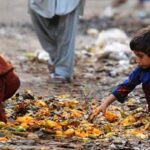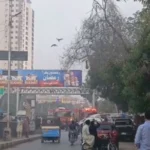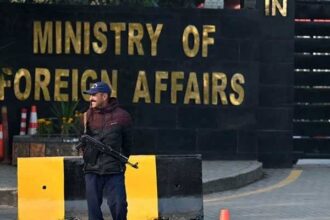In a firm declaration, Pakistan’s Prime Minister Shehbaz Sharif stated that the country will confront India’s alleged water aggression through a mix of strategic diplomacy, legal channels, and national resilience. Speaking at a high-level meeting on water security held in Islamabad on Thursday, the premier accused India of violating the Indus Waters Treaty and emphasized that Pakistan would not allow its water rights to be compromised.
“We are not seeking confrontation, but we will not tolerate any injustice when it comes to Pakistan’s share of water,” Sharif said. He highlighted the significance of the Indus Waters Treaty as a vital international agreement that ensures regional stability, and warned against any unilateral moves by India to divert or restrict water flow from rivers allocated to Pakistan.
The Prime Minister’s remarks come amid rising concerns over India’s construction of hydropower projects on rivers flowing into Pakistan, particularly the Kishanganga and Ratle projects in Jammu and Kashmir. Pakistani officials have repeatedly flagged these developments as violations of the 1960 treaty, brokered by the World Bank, which governs the distribution of water from the Indus River system.
Sharif said the government would engage international forums, including the United Nations and the International Court of Justice, if necessary. “We believe in peaceful coexistence, but not at the expense of our vital resources,” he added. He called on Pakistan’s diplomatic corps to intensify efforts to bring the matter to the global stage and garner support from allied nations.
Water experts at the meeting presented alarming data indicating a significant drop in river flows and reservoir levels, which they attributed partly to Indian infrastructure upstream. They warned that continued disruptions could exacerbate water scarcity, threatening agriculture and energy production across Pakistan.
The Indus Waters Treaty, signed in 1960, allocates control of three eastern rivers (Ravi, Beas, Sutlej) to India and three western rivers (Indus, Jhelum, Chenab) to Pakistan. While it has survived multiple wars and tensions, recent years have seen increasing strain, with both nations accusing each other of non-compliance.
Sharif concluded by urging unity among Pakistan’s provinces and institutions to defend national interests. “This is not just a political issue; it’s about our survival, our farmers, and our future generations. We must speak with one voice,” he said.
As the situation evolves, Islamabad is preparing a detailed legal dossier and may request renewed intervention by the World Bank to ensure compliance and transparency under the treaty.














